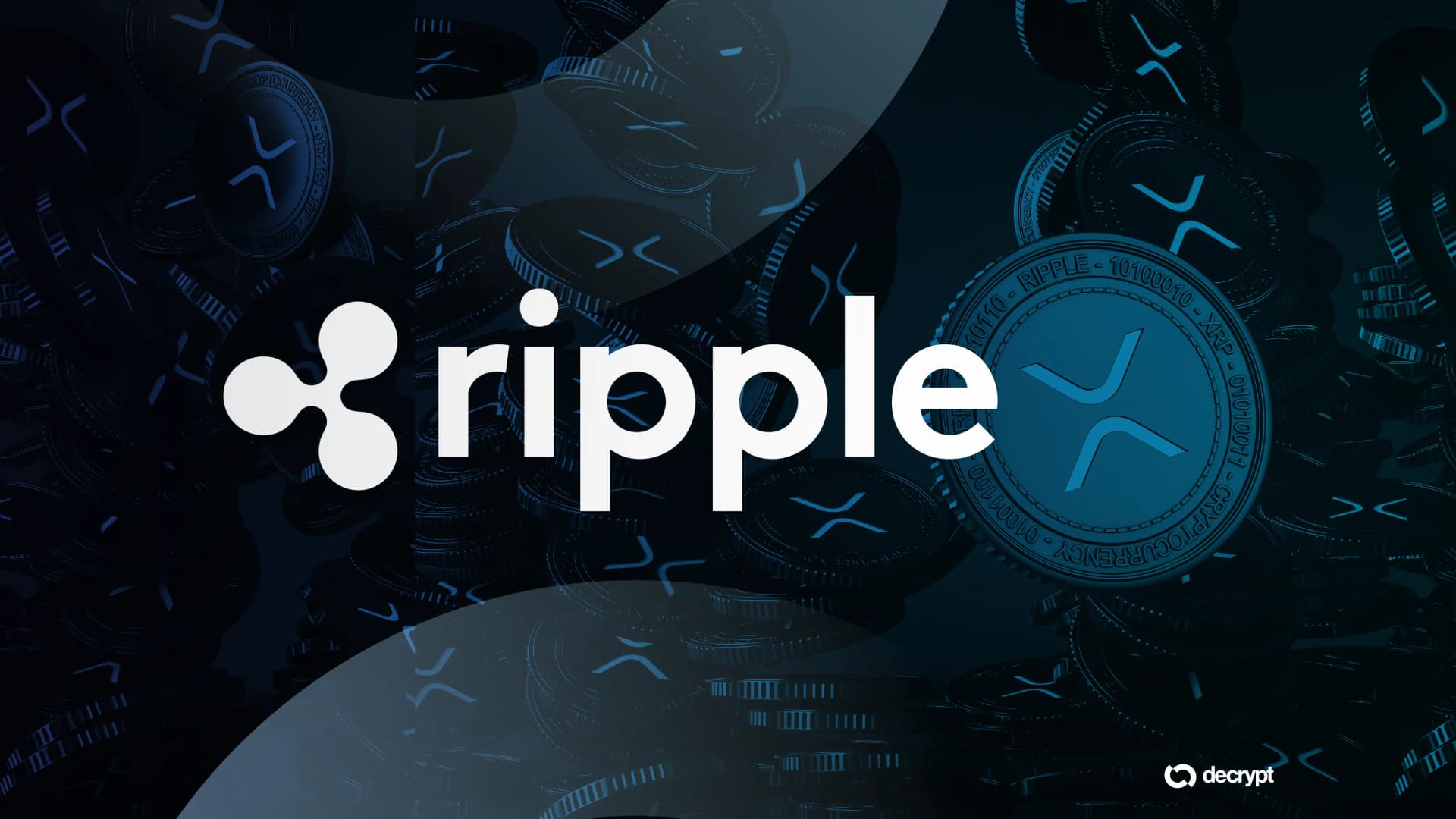Ripple Acquires Treasury Management Firm for $1 Billion Amid DAT Boom

News Summary
Fintech company Ripple announced its acquisition of corporate treasury management firm GTreasury for $1 billion, marking its third major deal this year following the purchases of prime brokerage Hidden Road and stablecoin platform Rail. Ripple CEO Brad Garlinghouse stated the acquisition aims to reduce friction and costs in "outdated payments systems" and unlock idle capital through blockchain technologies, emphasizing payments as the primary use case for crypto. GTreasury offers a platform for corporate finance teams to analyze and manage cash flows, and this deal will enable Ripple to support more companies in managing digital assets like stablecoins and tokenized deposits at scale. This move comes amidst a boom in Digital Asset Treasuries (DATs), partly fueled by President Trump’s pro-crypto policies and the GENIUS Act stablecoin legislation passed this summer. GTreasury CEO Renaat Ver Eecke noted that the combination of their solutions with Ripple's creates opportunities for treasurers to manage liquidity, payments, and risk in the new digital economy.
Background
Ripple is a fintech company focused on moving money globally at speed, and its founders also created XRP, the fifth-largest cryptocurrency by market capitalization. This acquisition continues Ripple's aggressive strategic expansion in 2025. Previously, Ripple acquired crypto-friendly prime brokerage Hidden Road for $1.25 billion in April and stablecoin platform Rail for $200 million in August. The market is experiencing a "Digital Asset Treasury (DAT) boom," with more companies holding crypto assets in their treasuries, exemplified by Bitcoin giant Strategy's nearly $70 billion in BTC. This trend is supported by President Trump's pro-crypto policies and the GENIUS Act stablecoin legislation passed in summer 2025, signaling growing mainstream corporate adoption of digital assets.
In-Depth AI Insights
What are the strategic implications of Ripple's aggressive M&A strategy, particularly concerning its target acquisitions? - Ripple's M&A spree (Hidden Road, Rail, GTreasury) signals an intent to build a comprehensive, enterprise-grade digital asset service ecosystem. This goes beyond mere market share; it's about actualizing its CEO's vision of "unlocking idle capital" and reducing friction in "outdated payments systems." - By integrating prime brokerage (Hidden Road), stablecoin platforms (Rail), and now cash flow/risk management (GTreasury), Ripple aims to be the 'one-stop shop' for enterprises navigating between digital assets and traditional fiat, managing liquidity. This significantly lowers the complexity of digital asset adoption and operation for corporates, thereby accelerating the adoption of its core cross-border payments and liquidity solutions. What does the rise of Digital Asset Treasuries (DATs) signify for traditional financial infrastructure and payment service providers? - The growth of DATs, fueled by pro-crypto policies and clear legislation, poses an existential threat to traditional financial institutions. As corporations allocate more capital to digital assets, the demand for traditional banking services like cash management, FX, and risk hedging may diminish. - Traditional finance faces the imperative to rapidly adapt and offer digitally-native asset compatible services, or risk seeing their market share eroded by crypto-native players like Ripple. This foreshadows a broader battleground shifting from pure crypto tech to crypto integration into core corporate financial infrastructure. What are the long-term implications of the Trump administration's pro-crypto policies and the GENIUS Act for U.S. influence in the global digital asset landscape? - President Trump's pro-crypto policies and clear legislation like the GENIUS Act are positioning the U.S. as a hub for global digital asset innovation. This provides regulatory clarity and a growth environment for companies like Ripple, potentially attracting more international digital asset businesses and investment. - However, this strategy also carries potential risks: overly permissive regulation could lead to financial stability concerns or, in the future, necessitate stricter global coordination. Concurrently, by establishing a robust domestic digital asset ecosystem, the U.S. might prompt other major economies to accelerate their own digital asset strategies, exacerbating global competition for digital currency and technology standards rather than fostering unification.